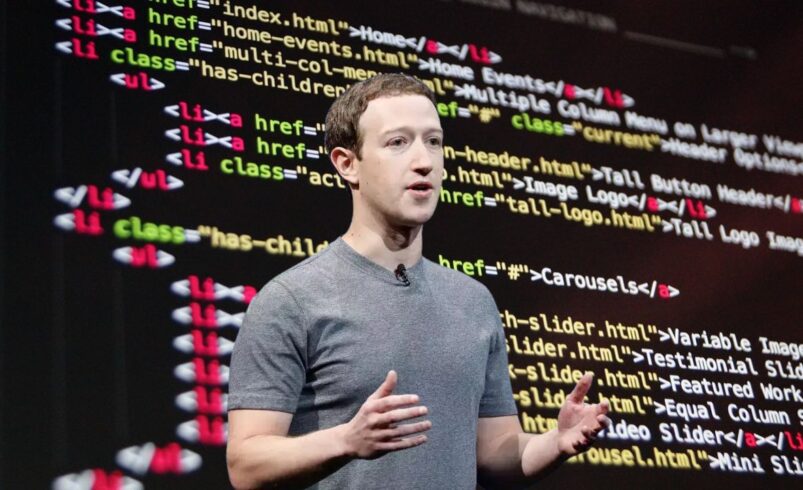The conversation around artificial intelligence (AI) replacing human jobs has intensified—and now, it’s hitting the core of tech: coding. Recent statements from the CEOs of some of the world’s largest technology companies suggest we are on the brink of a dramatic shift. Google, Microsoft, Meta, and other industry leaders are embracing AI not just as an assistant, but potentially as a full-time developer. At a recent earnings call, Google CEO Sundar Pichai revealed that over 30% of the code written at Google is now being generated by AI. Just six months ago, that figure stood at 25%. The rapid 5% increase in such a short span shows how quickly AI is embedding itself into core engineering workflows.
Microsoft CEO Satya Nadella echoed this trend, stating that AI currently writes about 30% of the code at Microsoft. He even hinted that some projects are entirely AI-generated. These are not isolated experiments—this is production-level work, shaping products used by millions of people. But the most radical vision came from Meta CEO Mark Zuckerberg. In a conversation with Nadella, he boldly predicted that within 12 to 18 months, AI will write 100% of the code for Meta’s Llama projects. Zuckerberg believes AI is already as capable as a mid-level engineer and will soon surpass even the best coders in the industry. This isn’t about auto-complete or bug fixing—Zuckerberg described a future where AI can handle everything from code generation to testing, debugging, and optimization, all from a single prompt or goal.
The implications are massive. What was once viewed as a tool to boost productivity may soon become the primary developer. AI systems are evolving from supportive assistants to autonomous agents that can build, test, and deploy full-scale software systems.This rapid shift isn’t just theoretical. Companies are already reshaping their workforce models. Duolingo announced that it is replacing human contractors with AI to handle tasks previously done by people. Shopify, another tech giant, has mandated that any new hiring must be justified by proving that AI cannot perform the job. CEO Tobias Lütke made it clear: reflexive AI usage is now expected at all levels of the organization.
Other voices in the AI space are making even more aggressive predictions. Dario Amodei, CEO of Anthropic, believes that within the next 3–6 months, AI will generate 90% of code, and by year-end, nearly all of it. Sam Altman, CEO of OpenAI, also stated that in some companies, AI already writes 50% of the code.All this points to a profound question: if AI can write the code, what happens to coders? While some argue that AI will merely augment human abilities, these latest trends suggest that augmentation may soon turn into replacement—at least for routine or repetitive coding tasks. The role of human developers might evolve into that of system architects, strategic decision-makers, or AI supervisors rather than hands-on programmers.
However, this transition also presents opportunities. As AI takes over routine coding, developers may find more time to focus on innovation, design, and solving complex problems. It could lead to the rise of “prompt engineers” and AI tool specialists—roles that focus on guiding and refining AI output rather than building code line by line. Still, the message from top tech leaders is clear: AI is no longer a futuristic tool—it’s here, it’s capable, and it’s taking over a core part of the software development process. As companies embrace AI at scale, the software industry is about to undergo one of its most disruptive transformations yet.
Get the latest in business, markets, startups, and policy—visit businessnewsindia.in for in-depth updates and follow us on Instagram @businessnewsindia.in for daily bites of what matters most.
Source – India Today









